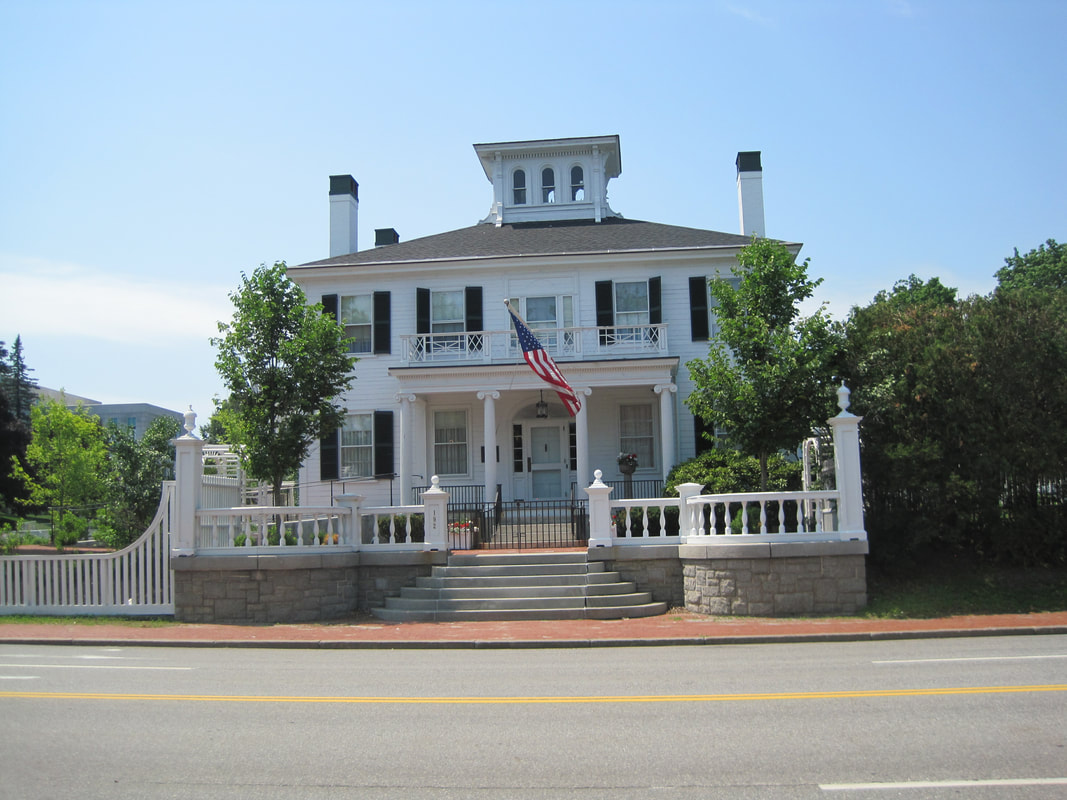“Nothing is so weakening as regret”.
: James G. Blaine
|
|
James G. Blaine, considered the heir apparent for the Republican nomination, was a teacher and newspaper editor by trade. He first entered politics in 1858 as a state representative in Maine. By 1884, he had been on the national stage for over two decades, as a representative, six years as Speaker of the House, Senator and Secretary of State. Thirteen former Secretary of States have run for president with only six being elected, the last, James Buchanan, in 1856. Blaine’s political longevity and general appeal were attributed to his agreeable personality, persuasive orator skills, visionary thinking and the ability to make you feel you were the most important person in the room. It did not hurt, that he could effectively sit on the fence regarding sensitive political issues acknowledging everyone’s concerns with out committing support. True to politics, for every devotee he had there was a foe. Considered the 1876 favorite for the nomination, Blaine received the highest number of votes on the first ballot, however losing eventually to Hayes. Still in the picture, at the 1880 convention he received the second highest votes only to have the nomination go to Garfield. His failures to be nominated set the tone “It is now Blaine’s turn” for the 1884 convention. Blaine supporters, known as “Half-Breeds”, were considered the moderate wing of the Republican Party. They were opposed to the conservative “Stalwarts” and not trusted by the liberal reform focused “mugwumps” who ultimately supported Cleveland on Election Day. A Republican had made the White House home since 1860. The election was his to lose. Unfortunate for Blaine, the combination of a divided party, political baggage, and a former Republican running on the prohibition ticket denied him the top job. If he had received 1,150 of the 25,016 New York votes that went to the Prohibition candidate he would have been president. Blaine believed that railroad expansion was vital to the nations growth connecting the east with the west markets. He supported bills favorable to railroad expansion as speaker. Whether poor judgment or corrupt intent he bought and sold railroad bonds while speaker to his financial benefit. He was in good company since multiple members of congress, a former Vice President, and future president were implicated in similar scandals. It’s important to note that this was during the Grant Presidency considered one of the most corrupt administrations. His political career and party influence did not end with the election. He went on to serve a second time as Secretary of State in Harrison administration. |
